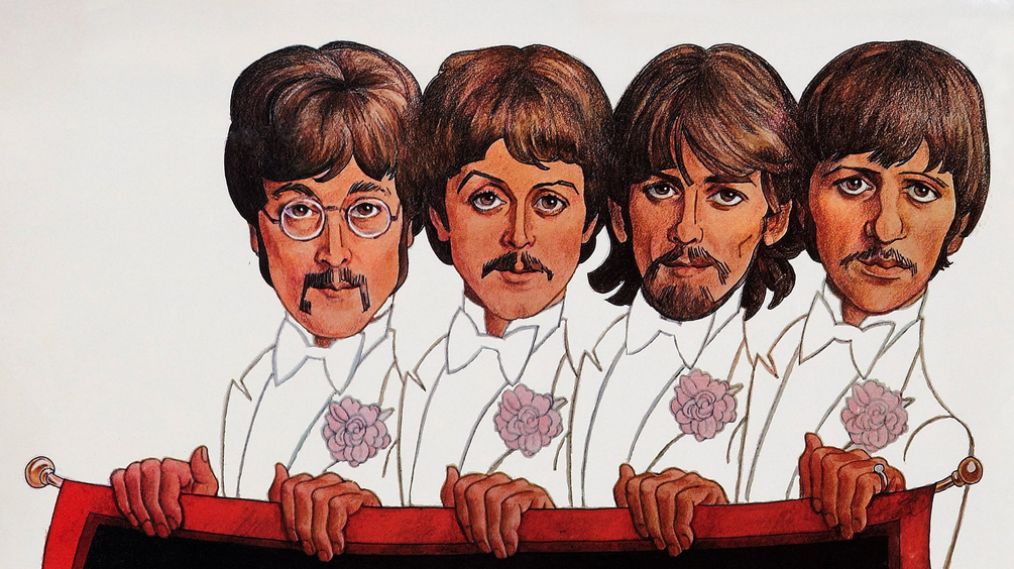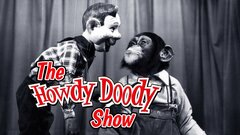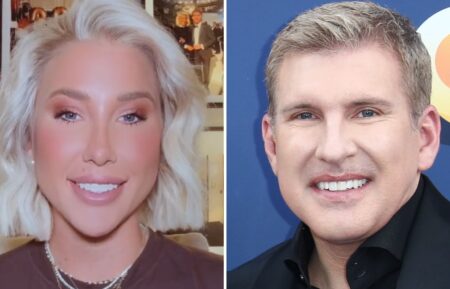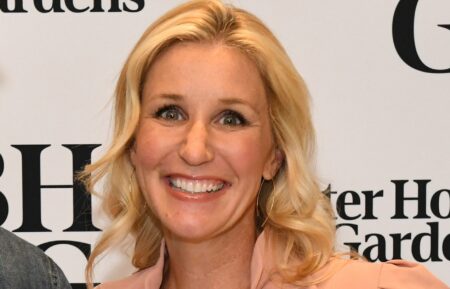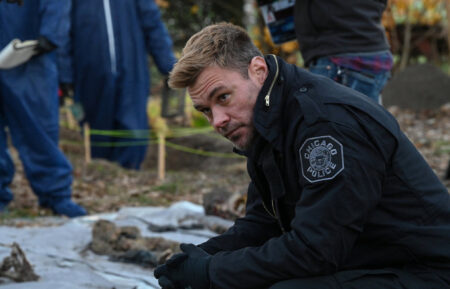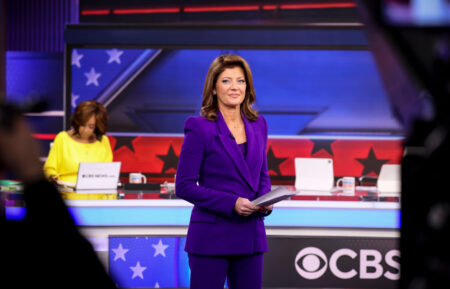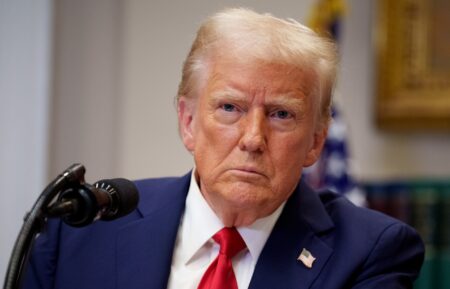David Bianculli: Howdy Doody Remains Forever Young
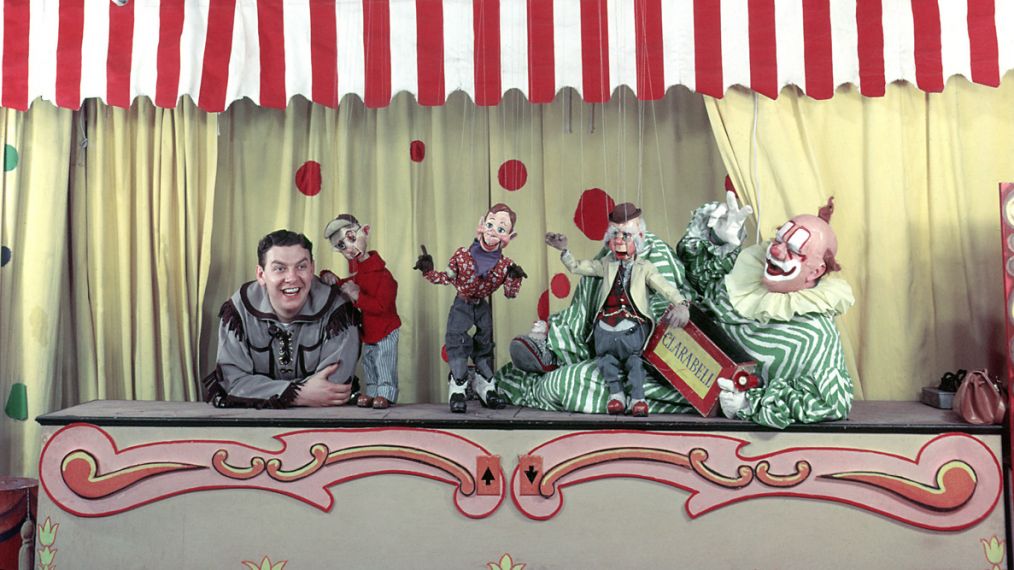
Seventy years ago, a marionette named Howdy Doody made his showbiz debut with no strings attached—literally. As it turns out, the doll’s wires weren’t ready in time for the inaugural broadcast, and neither, for that matter, was the rest of the poor guy. The live children’s variety program, originally titled Puppet Playhouse, had been thrown together so quickly that when the first day of taping rolled around, its wooden linchpin wasn’t yet fully crafted—so the “shy” character was hidden away in a desk, his voice emanating from a drawer as human host “Buffalo” Bob Smith peered inside and said “howdy” to Howdy.
No matter: A star was born. The NBC program premiered to a then-whopping six markets—at the time, only 20,000 American homes had TV sets—on December 27, 1947, and was an instant hit. It didn’t hurt that a massive snowstorm blasted the Big Apple on the same day, shutting down parts of the city and causing many New Yorkers to hunker down in front of the tube, or that the competition in the afternoon was scarce, to say the least. (Among the only other offerings on any network’s daytime schedule: CBS’s grocery-themed game show The Missus Goes a-Shopping.)

Even so, The Howdy Doody Show, as it was quickly renamed, may have been destined for success regardless. It was one of the first national series to be aimed at children—a Variety review enthused of the premiere, “This program can almost be guaranteed to pin down the squirmiest of the brood”—and it featured them too. Tykes would be loaded up with sugary treats and crammed into tiny bleachers, where they served as an audience known as the Peanut Gallery. Their job, among others, was the same as the viewers’ at home: to respond to Smith’s opening question, “Hey kids, what time is it?” with a raucous, “It’s Howdy Doody time!”
What followed was a jubilant mix of film and cartoon shorts, plus bits with marionettes and recurring visitors like the Native American princess Summerfall Winterspring, portrayed by Judy Tyler. And then there was the ever-present nonspeaking sidekick, the seltzer-spraying, horn-honking Clarabell the Clown.

Within a year, NBC realized what a smash it had on its hands when Howdy Doody ran for the invented office “President of All the Kids” in 1948—and 60,000 requests for the free campaign buttons came pouring in via mail. Youngsters weren’t the only ones paying attention: The series was one of the first television programs to be honored with a Peabody Award.
Howdy Doody also proved to be a pioneer in merchandising, figuring out how to leverage and monetize its mass appeal. It was associated with countless commercial tie-ins, hawking everything from cereal to comic books, and released its own 24-page catalog of licensed products in 1955.
After 13 years on the air—and three different actors playing Clarabell—Howdy Doody said farewell in 1960. The last Clarabell, Lew Anderson, delivered what may be TV’s creepiest swan song, demonstrating on the finale that the perpetually mute jokester could, in fact, talk. During the episode’s parting moments, the camera zoomed in close as Clarabell, in full clown makeup, gazed directly into the lens and whispered, “Goodbye, kids.”
Plenty of children’s fare would come along in its wake, and arguably much of it was superior. (Pee-wee’s Playhouse, anyone?) But Howdy Doody led the way 70 years ago—when television was even younger than those faces in the Peanut Gallery—and it’s earned the right to be remembered as the President of All the Kids’ Shows.
David Bianculli is a TV and film professor at Rowan University, New Jersey, and appears as a critic and guest host on NPR’s Fresh Air With Terry Gross.
From TV Guide Magazine
What to Expect From 'The Hunting Party's Love Triangle and Mystery
Manifest alum Melissa Roxburgh and the showrunner of NBC’s Hunting Party tease TV Guide Magazine about what’s ahead for the “government conspiracy that just keeps unfolding” — plus, the series’ “good” love triangle. Read the story now on TV Insider.

